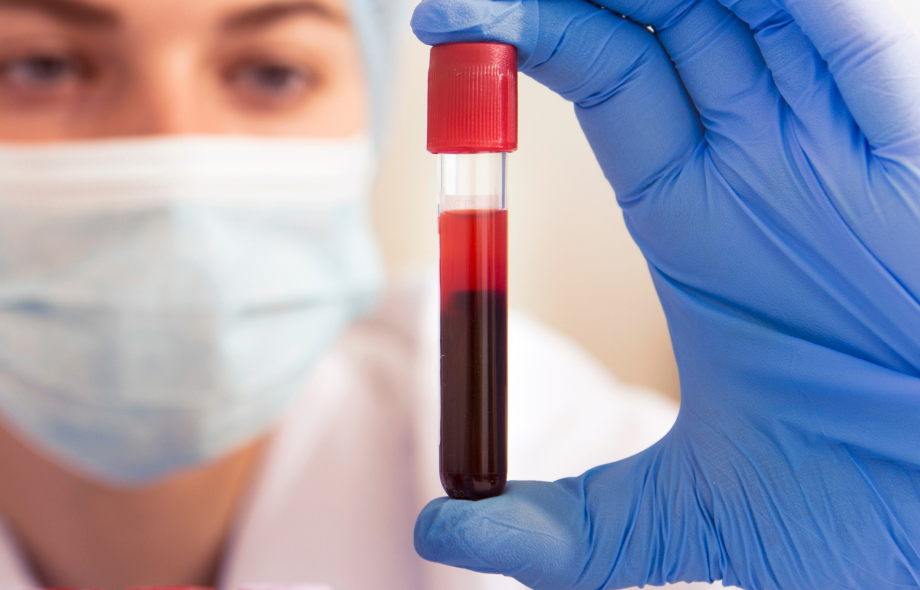The Anti-Mullerian Hormone (AMH) test is a blood test used to assess ovarian reserve in females. It measures the level of AMH in the blood, which is a hormone produced by the granulosa cells of small follicles in the ovaries. These follicles contain immature eggs. The AMH level remains fairly constant throughout a woman’s menstrual cycle, making it a reliable indicator of ovarian reserve. This test is often recommended by IVF centre in Srinagar and other cities to help women understand their fertility potential.
Why is the AMH Test Done?
The AMH test is primarily used to:
- Assess ovarian reserve: The AMH level is a good indicator of the number of eggs remaining in a woman’s ovaries. A low AMH level suggests a lower egg reserve, which may affect a woman’s chances of getting pregnant naturally.
- Plan conception: The AMH test can help women understand their fertility window and make informed decisions about conception. If a woman has a low AMH level, it may be advisable to consider starting a family sooner or explore fertility treatment options such as in vitro fertilization (IVF).
- Guide IVF treatment: For women undergoing IVF, the AMH test helps determine the likely response to ovarian stimulation medications used during the IVF cycle. A low AMH level may indicate a poorer response to these medications, and the doctor may adjust the treatment plan accordingly.
- Monitor fertility preservation: The AMH test can be used to monitor ovarian reserve in women who may need to delay childbearing due to medical reasons or social factors. Regularly monitoring AMH levels can help them make informed decisions about fertility preservation options like egg freezing.
What to Expect During an AMH Test?
The AMH test is a simple outpatient procedure that typically involves:
- A blood draw: A healthcare professional will draw a small amount of blood from a vein in your arm.
- No special preparation: No specific preparation is required for the AMH test. You can eat and drink normally before the test.
Understanding AMH Test Results
AMH levels are measured in picograms per milliliter (pg/mL). There is no universally accepted reference range for AMH levels, and the interpretation of results may vary slightly between labs. However, generally:
- Higher AMH levels indicate a larger ovarian reserve and a better chance of natural conception.
- Lower AMH levels suggest a lower egg reserve and may warrant further fertility evaluation or exploring fertility treatment options.
It is important to discuss your AMH test results with your doctor to understand what they mean in the context of your individual fertility goals and medical history. Your doctor will consider your AMH level along with other factors like your age and menstrual cycle regularity to assess your overall fertility health.
Limitations of the AMH Test
The AMH test is a valuable tool for assessing ovarian reserve, but it has some limitations:
- Does not guarantee fertility: A normal AMH level does not guarantee that you will get pregnant naturally. Conversely, a low AMH level does not necessarily mean you cannot conceive naturally.
- Does not predict egg quality: The AMH test only reflects the quantity of eggs, not their quality. Age is a major determinant of egg quality, and older women may have a lower chance of pregnancy even with a normal AMH level.
- Individual variability: AMH levels can vary naturally between women and even within the same woman over time.
Conclusion
The AMH test is a simple and reliable blood test that provides valuable information about a woman’s ovarian reserve. By understanding your AMH levels, you can gain insights into your fertility potential and make informed decisions about family planning or fertility treatment options. If you are considering pregnancy or have concerns about your fertility, consult with your doctor to discuss whether the AMH test is right for you. Many IVF centre in Jalandhar and other cities recommend this test to their patients.



 :
:









